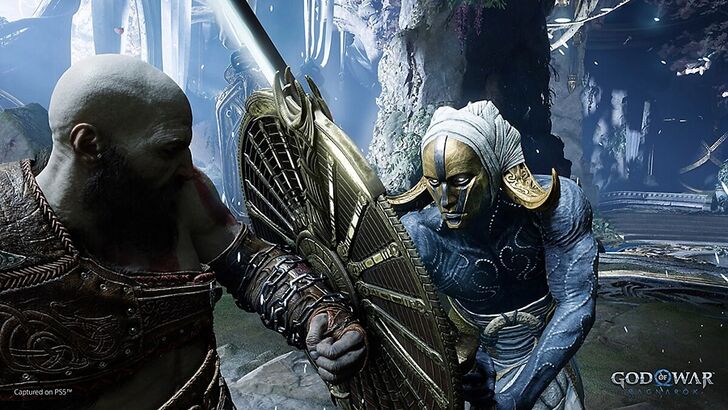PlayStation CEO Hermen Hulst: AI in Gaming – A Powerful Tool, Not a Replacement

In a recent interview with the BBC, PlayStation co-CEO Hermen Hulst discussed the burgeoning role of artificial intelligence (AI) in the gaming industry. While acknowledging AI's potential to revolutionize game development, Hulst emphasized the irreplaceable value of the "human touch."
A Balancing Act: AI and Human Creativity

Hulst's perspective comes at a significant juncture for the gaming industry, which is celebrating PlayStation's 30th anniversary. Thirty years of innovation have brought the industry to a point where AI is rapidly changing workflows. While AI streamlines tasks like prototyping and asset creation, concerns remain about its potential impact on creative jobs. The recent strike by American voice actors, partly fueled by the use of generative AI in games, highlights these anxieties.
Market research from CIST confirms the widespread adoption of AI in game development, with 62% of surveyed studios utilizing it to enhance efficiency. However, Hulst anticipates a "dual demand" in the future: games leveraging AI innovation alongside those crafted with traditional human creativity. He stresses the importance of finding the right balance.
PlayStation's AI Strategy and Beyond Gaming

PlayStation is actively involved in AI research and development, possessing a dedicated Sony AI department established in 2022. This commitment extends beyond game development; Hulst envisions expanding PlayStation's intellectual property (IP) into film and television, citing the upcoming Amazon Prime series based on 2018's God of War as an example. This broader entertainment strategy might even explain rumors of a potential acquisition of Kadokawa Corporation, a major Japanese multimedia conglomerate.
Lessons Learned from the PlayStation 3

Reflecting on PlayStation's history, former PlayStation chief Shawn Layden described the PlayStation 3 (PS3) as an "Icarus moment"—a period of overambitious goals that ultimately led to a necessary recalibration. The PS3 aimed for much more than a simple game console, resulting in high costs and challenges. This experience taught valuable lessons, leading to a renewed focus on core gaming principles for the PlayStation 4.

In conclusion, PlayStation's approach to AI reflects a cautious yet forward-thinking strategy. While embracing AI's potential to enhance efficiency, the company prioritizes the human element in creating engaging and meaningful gaming experiences.






























